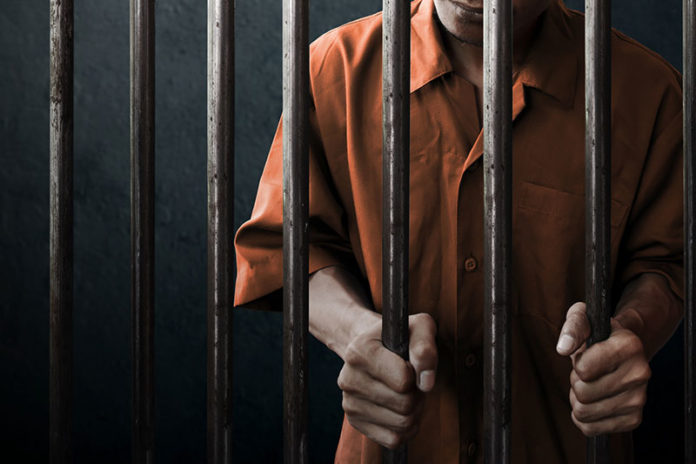Like all services the government provides, incarcerating the estimated 1.5 million inmates in America’s prison system sooner or later falls victim to the laws of scarcity. There is only so much room for so many prisoners; there are only so many people willing to work for minimal wages in high-risk prison environments; and budgets for all of it are not infinite (already topping $80 billion at all three levels of government).
One might hope that lawmakers in Washington finally would be ready to address the problems manifest in our over-criminalized society and our already over-crowded prisons, by passing legislation that starts to reform rather than enlarge penalties and prisons. Sadly, this is far from clear.
While many Democratic lawmakers and a growing number of their Republican colleagues in recent years have endorsed meaningful reforms to our bloated and antiquated criminal justice system, their efforts have met stiff resistance from hardline conservatives whose only response to crime is harsher sentences and more prisons.
On the Republican side of the aisle, criminal justice reform efforts have been encouraged by local success of such reform in 30 states including Georgia, Texas, and South Carolina. Reforms measures adopted in those and other states have resulted in substantial drops in incarceration rates and criminal recidivism.
Now, one such reform bill, modeled after these state-led successes, will soon be taken up by the U.S. House, after passing the House Judiciary Committee last week. But its fate, unfortunately, remains uncertain.
The need to relieve the pressure cooker environment of mass incarceration is driving much of the support behind this effort. However, and as the legislation’s sponsors make clear, measures to reduce incarceration rates and to give ex-felons at least a fighting chance to become productive members of civilian society, must at the same time not endanger the public. This is where the reality of sensible criminal justice reform meets the irrational rhetoric of the hard right.
The FIRST STEP bill approaches this balancing act by allowing offenders identified as low-risk for recidivism to earn time credits and be permitted to serve the duration of their sentences outside the prison walls; in home confinement, halfway houses, or community supervision. Jason Pye, Vice President of Legislative Affairs at FreedomWorks, one of the organizations leading in this fight, describes the provisions included in FIRST STEP as “the lowest hanging fruit of criminal justice reform.”
Viewed thusly, FIRST STEP should be an easy “yes” vote for members on both sides of the aisle – reducing prison overcrowding, saving taxpayers money, and paving the way for non-violent offenders to reenter the civilian workforce.
Unfortunately, even the very limited and specific scope of FIRST STEP has been twisted and tortured by “Jail, Baby, Jail!” Republicans in the House and Senate; who continue to deny the reality of our current system, while offering no meaningful alternatives.
Despite the ease with which similar reforms have passed at the state level (often led by Republican governors), which Pye ascribes to the universal recognition that anti-recidivism programs are a fundamentally positive way to reintegrate previously-jailed individuals back into society, congressional opponents of FIRST STEP have deliberately mischaracterized its provisions in order to drive fear into the hearts of constituents back home.
It is difficult to fathom what it is that these Republicans find so abhorrent about even minimal reform of our criminal justice system. Republicans at the state level, including former Texas Governor Rick Perry (now President Trump’s Secretary of Energy), talk glowingly and accurately about the impact of their reforms; especially noting the savings to taxpayers. And, it is important to note that Perry’s reforms in Texas went much further than the basic reforms in FIRST STEP.
Perhaps these “Just Say No” Republicans are confusing the common-sense prison reform supported by Republicans and Democrats alike, with the radicalism of Black Lives Matter; or, perhaps they lack even the most basic degree of compassion for non-violent, low-level offenders to ever again reenter society and contribute to their families and communities. Whatever the case may be, their close-mindedness continues to present a very real impediment to the win-win for taxpayers and ex-offenders that would result from passage of the FIRST STEP Act and its signing by President Trump.
If Trump and the leaders at the other end of Pennsylvania Avenue really press for passage of this legislation, and push back against the stubborn emotionalism of its detractors, American society will reap significant benefits at virtually no cost to safety or justice.































